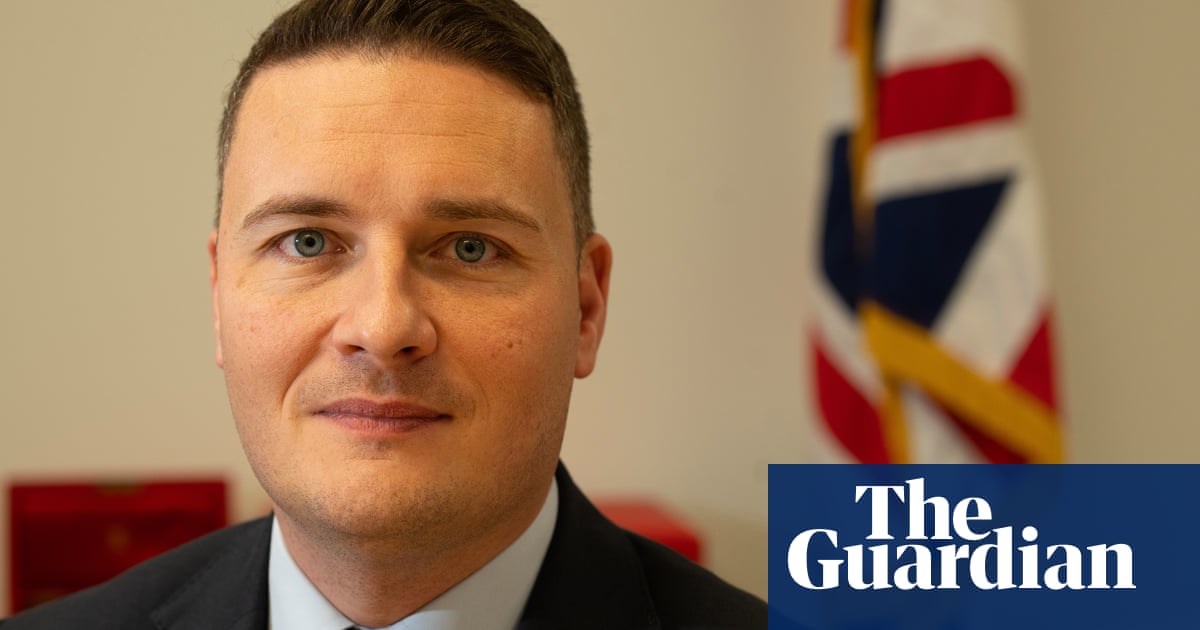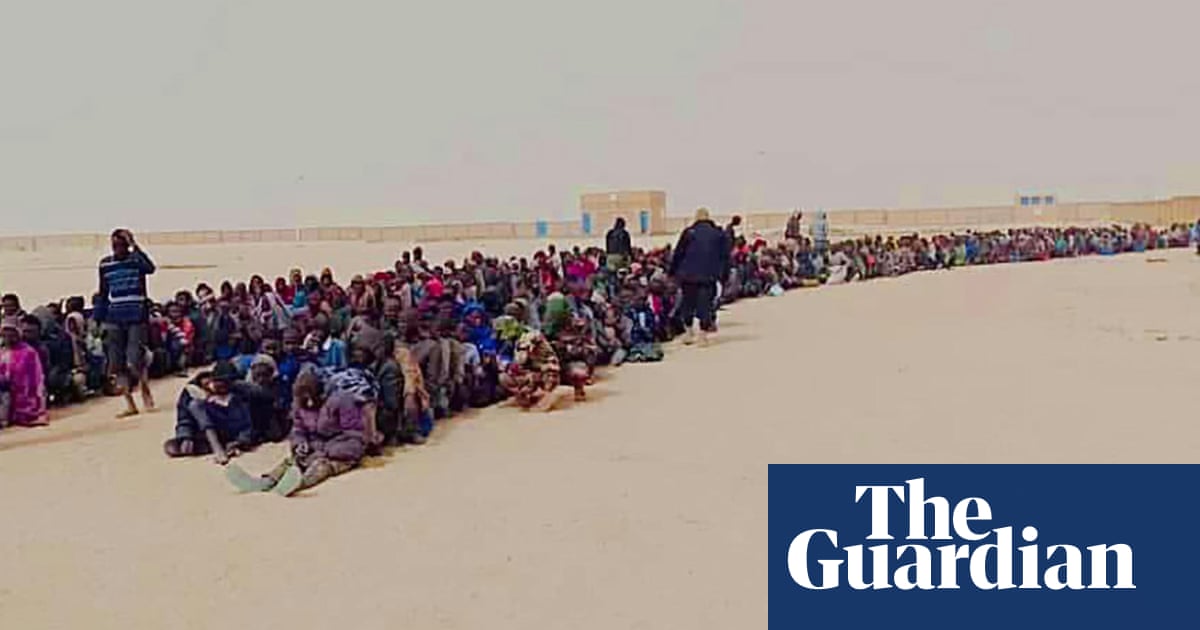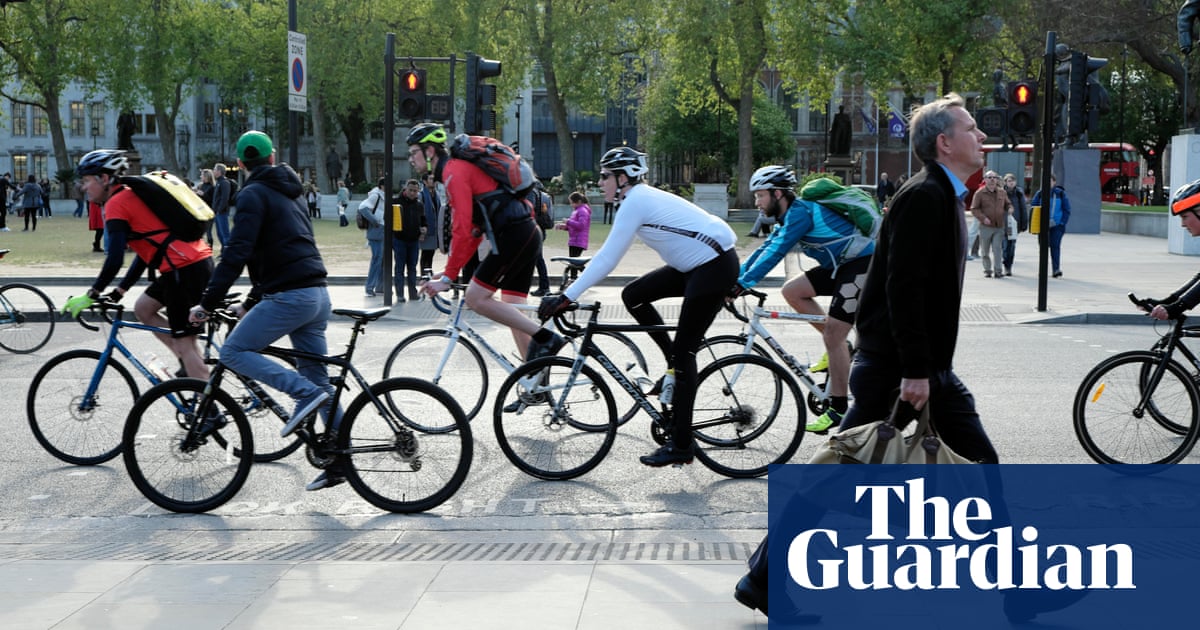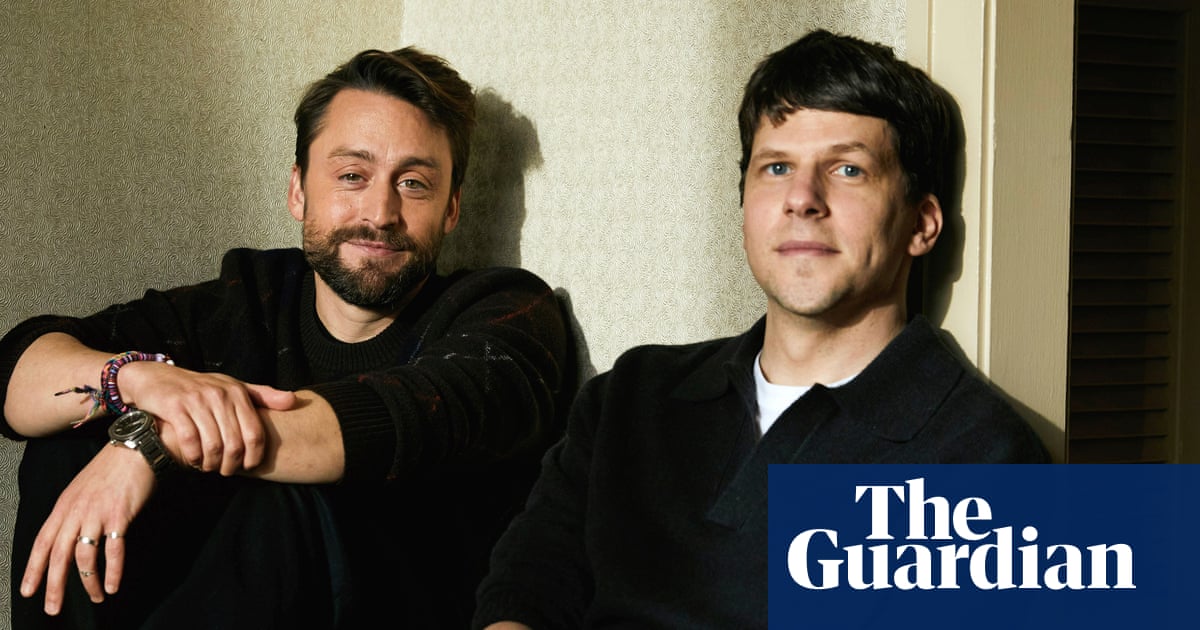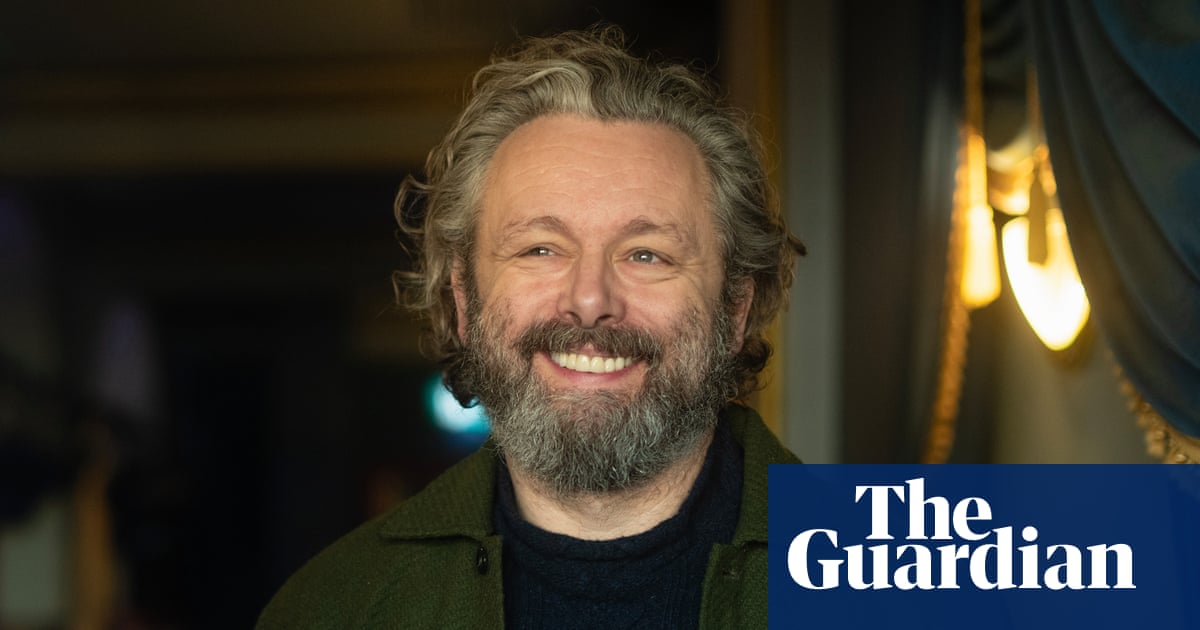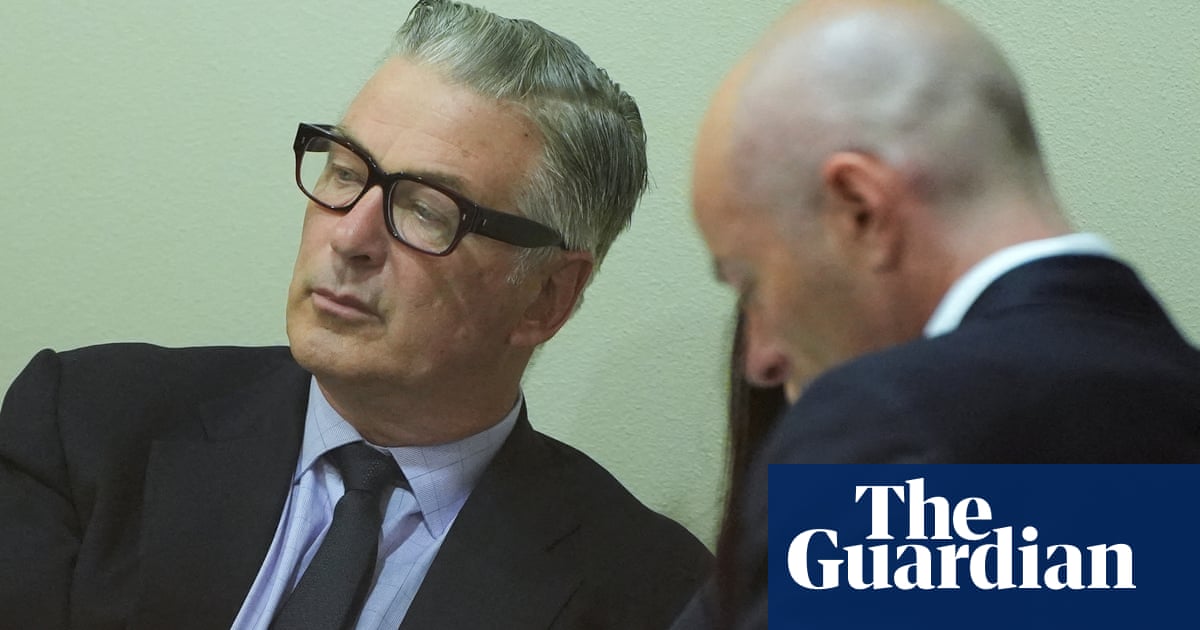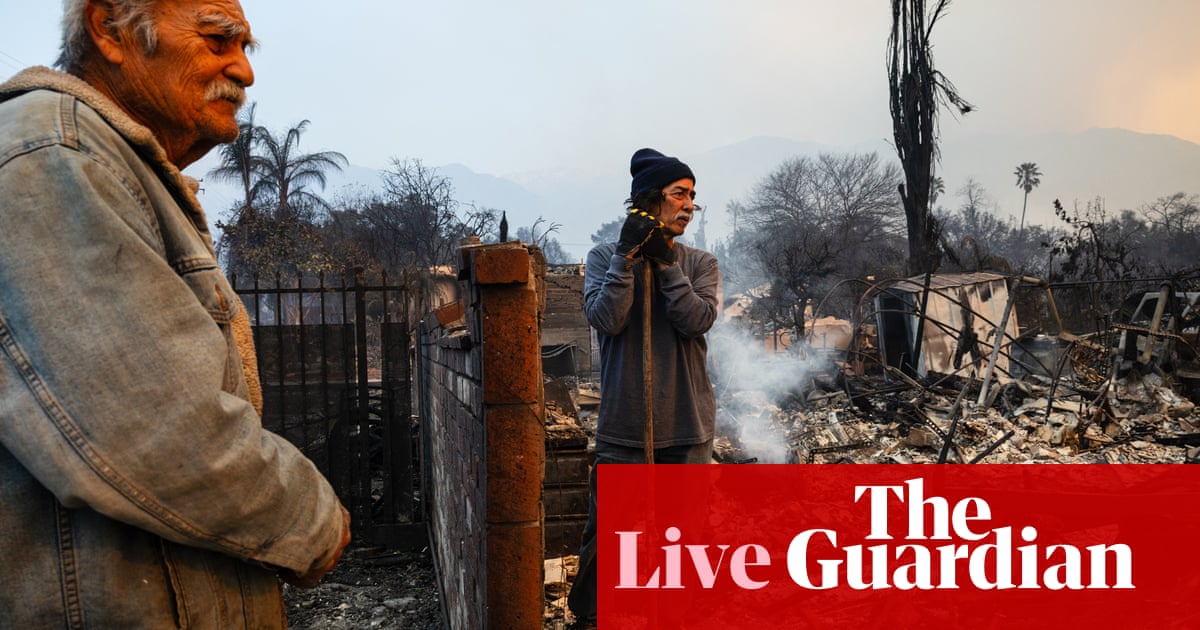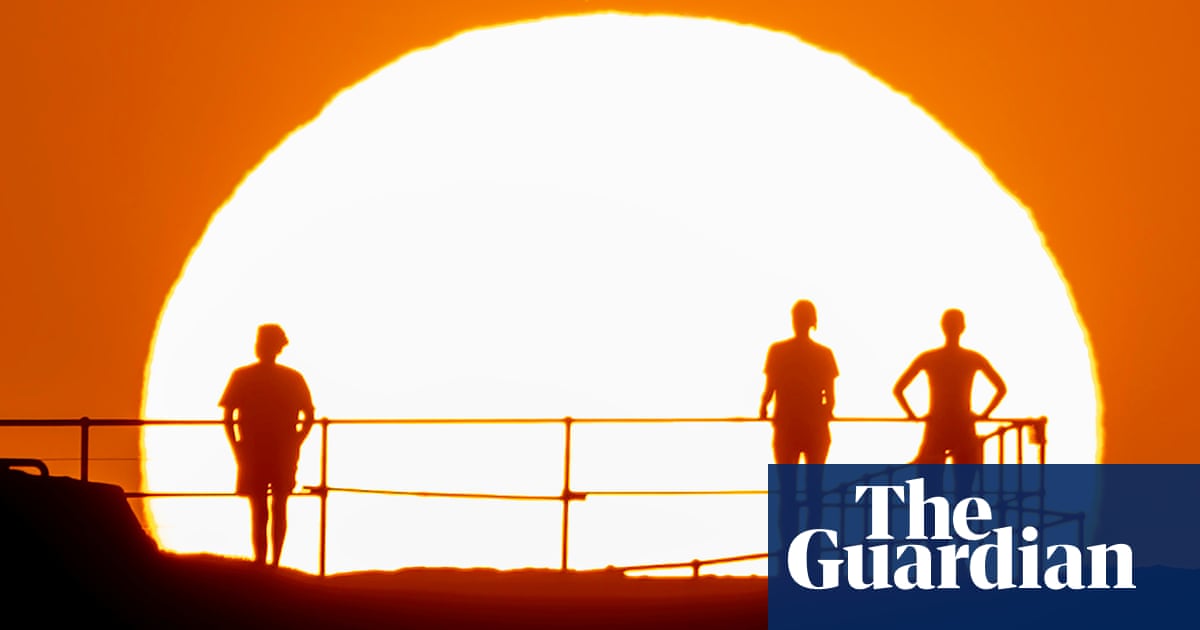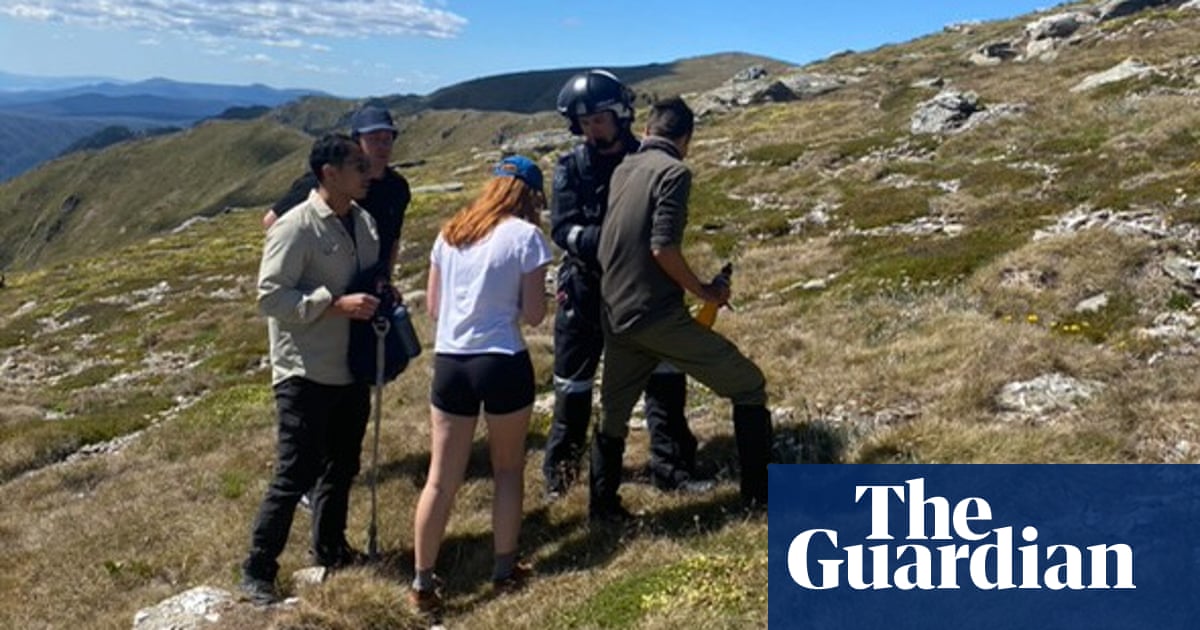The British actor Emily Watson made one of the outstanding film debuts when she starred in Lars Von Trier’s Breaking the Waves in 1996, aged 29. She was Oscar-nominated for that role, then again two years later for playing the cellist Jacqueline du Pré in Hilary and Jackie. She is known for her fierce, fearless performances: she won a Bafta for her part as a social worker in Appropriate Adult, ITV’s 2011 Fred West drama, and received Emmy and Golden Globe nods for the Sky Atlantic miniseries Chernobyl. Watson is 57 and lives in south London with her husband and two children.
When you got an Oscar nomination for your first film, did you find it a lot to take in?
I was very, very green and I was just going where I was told. I don’t think I ever had an instinct for it; you either have or you haven’t. I think I’m good at what I do because I’m an idiot. You have to be a bit of an idiot to be an actor.
In what way?
Well, at some level, it’s like being a small kid when you believe in Santa. Somewhere inside you – or this is how I do it anyway – I really believe it. Obviously, not all of me thinks that, because I know that, you know, my son needs some school shoes or whatever. But that allows you to abandon yourself to something in a way that is really quite stupid. In a good way, I think.
In your new film, Small Things Like These (an adaptation of Claire Keegan’s novella), you have an intense scene with Cillian Murphy. He plays a coal merchant in a small Irish town in the 1980s; you are the sinister Sister Mary, head of a Magdalene workhouse. It’s a small but pivotal role – why did you want to take it?
Well, my agent sent me a script and said: “Cillian Murphy’s doing it.” And when you hear the words “Cillian” and “Murphy” in the same sentence, you go: “OK, I’m interested.” But then I read it and I went, “Hang on a minute…” The scene that we have – oh, my God – I went, “I really want to have a crack at that. That is a juicy slice of pie!” That is a real fucking cracker, that scene.
In the interaction, Murphy’s character, Bill, has seen the reality behind the Magdalene workhouses – where Catholic nuns forcibly separated unmarried women from their newborn babies. Sister Mary is desperately trying to cling on to her power…
It’s the heart of darkness, really. It’s drawing back the curtain and going, “This is truly how these people operate.” She’s like the Godfather: she’s the head of a pyramid of fear and everybody in the town lives in fear of the judgment of the Christians.
How did you channel your inner Don Corleone?
When somebody is very powerful, you don’t have to play power, because the power is afforded them by everybody else. But it is kind of a thrill. Quite early on in my career, I worked with Ray Winstone on a great film called The Proposition. I can’t remember what we were doing, but somebody was being really annoying, and he said: “Oh, Emily, I saw you give him the shark eyes.” And it’s in my playbook to drop the warmth and be a total shark. I just have that ability. I won’t do it to you…
Please don’t. Small Things Like These is Murphy’s first film since winning the Oscar for Oppenheimer – and it’s quite a change in scale. You faced something similar after Breaking the Waves and Hilary and Jackie. How did you respond?
I just love that – of all the things he could do – this is where Cillian’s decided to shine his considerable light. I guess I had a vested interest in trying to do things that had integrity: standards, good work, interesting directors, because I felt that was where I would thrive. But my husband described it: “You’re in a queue for a taxi and, when you get to the front, you have to take the next taxi.” You’d like to think you’ve got a plan but, actually, it’s whatever comes along. It’s quite a haphazard existence.
You are also about to star in Dune: Prophecy, the female-led TV prequel to the Denis Villeneuve movies. It’s set 10,000 years before the films and you play the leader of the Bene Gesserit sisterhood, Valya Harkonnen. How would you describe her?
It becomes revealed through the series that she and her family have a really messed-up background. And that she is driven by a sense of vengeance about having been very deeply wronged. But she’s recognisably human, and, as a young woman, you’re rooting for her, because she’s strong-willed and free. And Dune is a very complex moral universe, where there are no goodies and baddies, which I like. It’s not standing around in spandex looking dumb.

You’ve made a comment that Dune is “not like Star Wars”. What did you mean?
Don’t get me wrong, I absolutely love Star Wars. I was just really talking about the moral scope of it: Star Wars has a very clear the light and the dark – what’s good and bad. And, in that sense, it has an innocence and a purity. This is much less innocent.
Will there be more series of Dune: Prophecy?
We’ll have to wait and see. I’m waiting for the next taxi. Is it going to be Dune or something else? I don’t know…
Is that quite…
Infantilising? Yes.
But also exciting?
Well, it is quite exciting, except for the fact that I’m in my 50s and I’ve got teenagers and a house and a dog. And sometimes you go: “God, I wish they’d told me when I was 22 that I’d be living out of a suitcase my entire life.” But I’m not complaining, because it’s a great life, and I love it.
-
Small Things Like These is in cinemas now; Dune: Prophecy is on Sky Atlantic from 18 November

.png) 2 months ago
12
2 months ago
12

